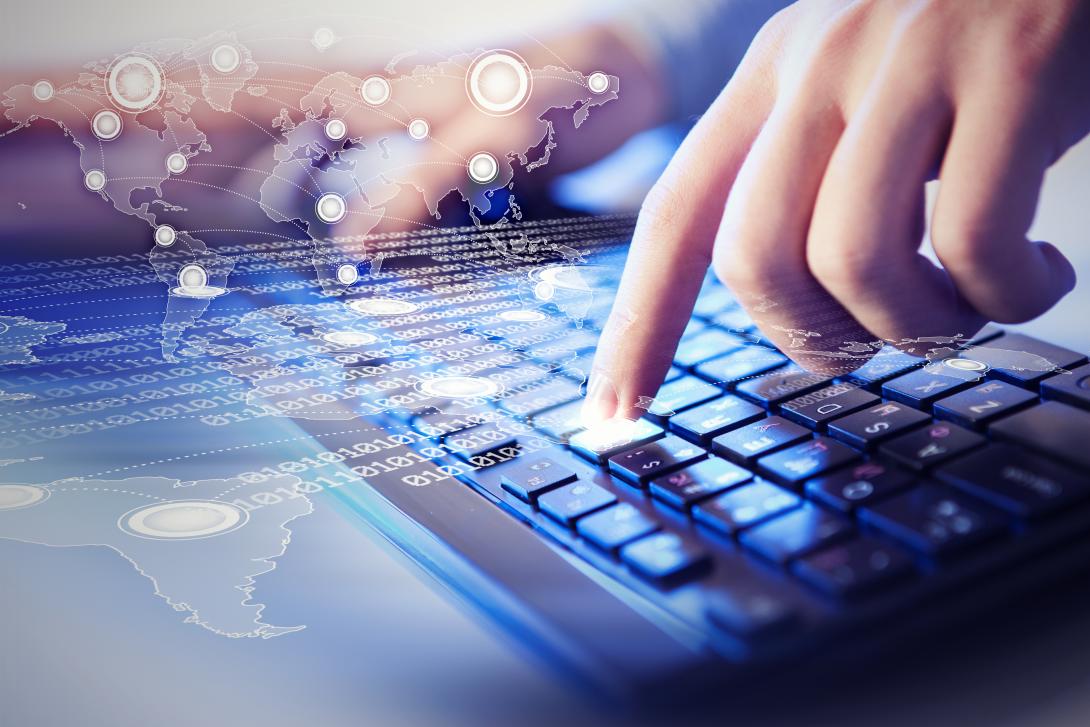
The revelations about the security and privacy gaps that have took place lately in big companies that we all use almost daily, such as Google or Facebook (once again), are unfortunately more and more frequent. If we can get out something positive of all this, it is that users are beginning to realize the importance of properly managing our data and our privacy. However, to what extent are we really aware of the size and impact of the fingerprint we are leaving with our data?
Every day a huge amount of information is produced in the world and that amount keeps growing every second. The vast majority of that information is generated directly by us, either through our online interactions or through our increasingly numerous connected objects as well - and it is in this last part where we may not be very aware of the scope of the fingerprint that are leaving our data yet.
Thanks to Internet of Things, the barriers between the digital and the real world are diluted. The cheapening of the hardware and an increasingly ubiquitous connectivity is giving way to a new situation: practically any object around us will end up being smart, if it were not smart yet. This new scenario brings great advantages, such as task automation in different sectors, which contributes to greater efficiency, but also makes possible new security breaches. Our data can be increasingly publicly exposed in ways that sometimes we cannot even imagine. Perhaps this is the real reason why an increasing number of digital companies are directly coming to our homes and opening new windows from the physical to the digital world to continue enriching their databases.
For example, thanks to the precise analysis of electrical energy consumption patterns of each of the appliances we have at home, we have multiple current services available. This allow us to obtain greater control of our electricity consumption habits, as well as personalized services that better adapt to our needs. However, both the provider we select for these new services and our own electric company may also access this data and obtain a complete pattern of our behavior throughout the day, and may also get benefits from it. The same principles of pattern analysis could also be applied to wifi routers signals that we all have in our homes. In this way, companies can get detailed information about the applications we use throughout the day, as well as other private information, by simply analyzing the characteristic patterns of data traffic - regardless of whether they are encrypted or not.
Currently, we can say that machines already know us better than we know ourselves, now our homes are monitoring us and our phones have become control and monitoring devices. In addition, all this information is being used many times when you least expect it, for very different purposes from those initially conceived and we have never authorized it (or that we simply do not know). It is at this point when our own fingerprint could turn against us and we could end up being subjected to a new dictatorship of behavior where everything we do today is measured and evaluated, even conditioning what we could do tomorrow.
Perhaps we should start to ask ourselves whether privacy, as we had known it until now, is still possible, or even if the time has come to rethink and redefine our concept of privacy. For now, it is the web's inventor who has taken a step forward by proposing an alternative platform model in which we are the ones who maintain control over our data. This new model of logical data control can be complemented with other proposals that would allow us to also take physical control of our data through personalized data clouds.
Then, it seems that there is still room for hope. The battle for data control is just beginning and we are not alone. The debate about data ownership is already on the street and what we need now is to clearly define the ethical use of the data life cycle. In the end, we all want to benefit from the advantages of being able to reuse our data footprint, but at least we have to be very clear about what the true cost will be.
Content prepared by Carlos Iglesias, Open data Researcher and consultan, World Wide Web Foundation.
Contents and points of view expressed in this publication are the exclusive responsibility of its author.